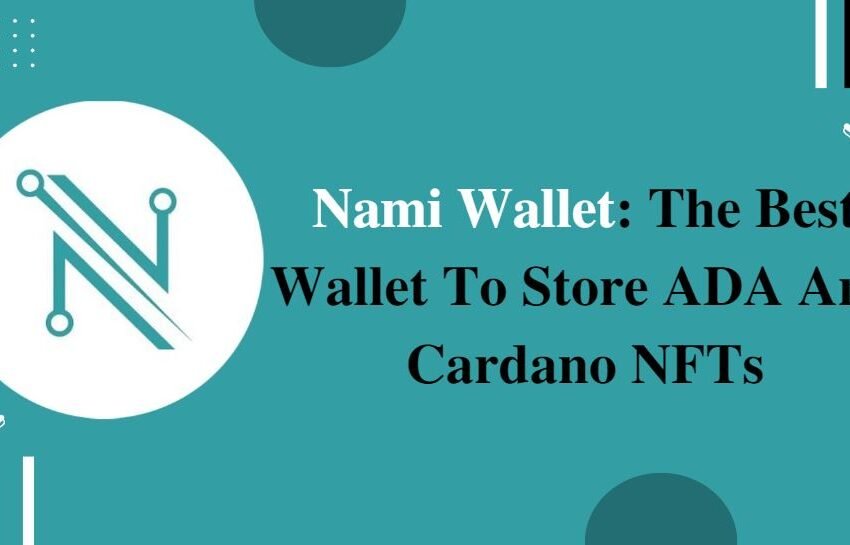Six Common Cryptocurrency Scams and How to Avoid Them
Cryptocurrency appears quite enthralling with all the fads around it, but it has its risks. Cryptocurrency has gained vast ground now. But, it has also lured in scammers who intelligently pull cryptocurrency scams.
There is a rise in cryptocurrency scams, with reports pinning losses by investors at millions of dollars. How do the scammers exactly go about tricking people? Can you protect yourself against these scams? Know the answers here.
6 Common Cryptocurrency Scams
There are some prevalent patterns by which scammers go about tricking people. Following are some common crypto scams,
Giveaway scams
Using giveaways or free prizes is a typical shtick in the crypto arena. People love a reward, so scammers take advantage of it and try to get to your authentic information in the name of giving out a prize. These scams often reach people via social media.
Fake Tech Support
These scams are easy to pull and easy to fall. First, the crooks pose as a company’s support phone lines and social media, appearing legitimate. Then they ask for security codes and passwords.
Know the legitimate social media handles and support numbers of the platform or company you trade on. Do not share your passwords or sensitive personal information with anyone. Similar to banks, exchange platforms will not ask for your personal information.
Even if it is the proper authority, you are not supposed to share your passwords or security information.
Phishing Scams
Phishing is when scammers set up a fake site to trick you into revealing your sensitive information. These sites appear legitimate and send emails that purport to be from official exchanges. Don’t open unsolicited emails and keep your crypto sites bookmarked to avoid these scams.
If you become a victim of this type of cryptocurrency scam, be aware that numerous companies in the market who can assist you in cryptocurrency scam recovery. These people have experts on their side who have years of experience dealing with such scam situations and recovering money from them.
Investment Scams
Run the opposite side every time you are approached with “once in a lifetime” investment opportunities. They will promise you that their company or product is the next big thing. They will use aggressive sales techniques, even limited period offers, and then vanish when you believe them and invest.
They pose as “investment managers” and offer to grow your assets. They claim to set up an investment account for your crypto without giving you access to the money unless you pay the fee.
Extortion Scams
Sure, scammers call claiming they have incriminating information about you and threaten to disclose it if you don’t send them cryptocurrency payments. They may even show you something they got their hands on to sound more threatening via a data breach.
Loader/Load Up Scams
The scammer here brazenly asks for your crypto wallet or credit card credentials. They claim they need a higher account limit in exchange for a portion of the proceeds they will make from their investments.
But instead of receiving any profits, the crypto gets stolen, and they are left hanging out to dry with credit card charges. They load your account with crypto and then take all of it, making you responsible for the transaction.
How to Steer Clear of Cryptocurrency Scams?
Crypto is pretty lucrative but only when you know what you are doing. It is pretty knee-deep in scams now, so your other goal should be not to get duped along with making profits. You can look for certain red flags before actually stacking up on virtual currency.
You can do pretty well without it; crypto is a game. But do not end up losing your tuition fee to a coin that represents a popular TV show.
Unfortunately, the cryptocurrency flight does not land without turbulence. The fluctuating prices, coin-based scams, and celebrities’ misinformation make the crypto market volatile.
Some scams are pretty obvious to identify, but some aren’t, and here’s how you can avoid them,
Always investigate.
Do not trust any information without investigating the claims made around the investment. It is a scam if it appears too good to be true or promise you the world. Make sure you check if the broker and the platform are on the Commodity Futures Trading Commission’s (CFTC) RED list available on its website.
Don’t fall for an “investment opportunity.”
Do not trust any government official, public figure, or stranger contacting you directly for cryptocurrency payments or offering you an enticing investment opportunity.
Do not share your credentials.
Do not share your crypto wallet’s private key or seed phrase with anyone. Instead, store those credentials somewhere offline. Enable two-factor authentication on every crypto wallet and exchange you use.
Check the website URLs thoroughly.
Phishing scammers often copy the URL of legitimate sites and make minute unnoticeable changes.
Don’t pay an up-front fee.
Turn away from offers that require an up-front fee, especially if they demand you make the payment in crypto.
Wrapping Up
Crypto has gone mainstream with a boost in investor participation, but it also paved the way for fraudsters to make easy money off naive investors. As a result, the financial industry has looked at many scams, mostly scammers playing with unaware people or hopping on the bandwagon.
That is the reason new investors need to follow certain measures so as to not become a victim of cryptocurrency scam. Those measures include –
extensive research before investing, education regarding trade, investing in reputable coins that have an established track record, conducting background research on people as well as the trade, check up the trading website and the broker on CFTC portal. Also understand that the scammers always come up with new and enticing opportunities to lure the investors in.
Always, remember that just because you have been scammed once, does not mean you won’t be scammed again. Revictimization is a high possibility that is done either by the same scammer or a different one.




